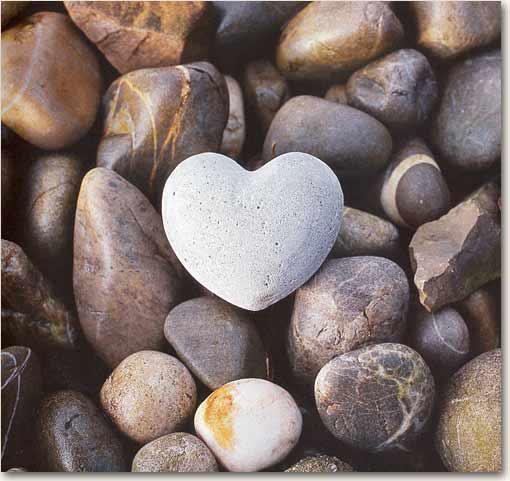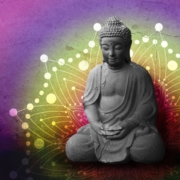Dispelling the Myths Surrounding Solitude and Isolation
Let’s discuss the exploration of intentional solitude, its benefits, and the practical steps individuals can take to incorporate it into their lives for holistic well-being.

Intentional solitude is a deliberate choice to step away from the constant noise and demands of the external world. It is not an escape but rather a conscious effort to create a sacred space for self-reflection, personal growth, and the rediscovery of one’s inner self. In this era marked by incessant connectivity, intentional solitude becomes a valuable tool to navigate the complexities of daily life.
To fully appreciate the significance of intentional solitude, it’s crucial to recognize its distinction from isolation. While isolation implies being cut off from others due to external circumstances or internal struggles, intentional solitude is an initiative-taking decision to embrace aloneness as a transformative journey. It is about turning inward to listen to one’s own needs, aspirations, and fears without the interference of external influences.
Incorporating intentional solitude into one’s life involves a variety of practices that cater to the holistic well-being of the mind, body, and spirit. Mindfulness practices, such as yoga and meditation, offer effective ways to cultivate inner peace and awareness. These practices enable individuals to be present in the moment, fostering a deeper connection with themselves and their surroundings.
Engaging with nature is another powerful aspect of intentional solitude. Activities like hiking and swimming provide opportunities to immerse oneself in the natural world, promoting a sense of unity with the environment. Nature has a profound ability to heal and rejuvenate, making it a vital component of intentional solitude.
Your use of Reiki, Integrative Chakra Therapy, and Hypnotherapy as intentional practices further exemplifies the diverse approaches one can take on this transformative journey. These holistic therapies offer not only relaxation but also serve as tools for self-empowerment, helping individuals break free from the noise of external influences and reconnect with their inner selves.
By recognizing the signs of true isolation versus solitude, individuals can make informed choices that align with their well-being. Actively choosing connection, whether through social interactions, meaningful relationships, or engaging in activities that bring joy, adds another layer to the intentional solitude narrative. This integrated approach fosters a balance between solitude and connection, empowering individuals to navigate life’s challenges with resilience and self-awareness.
In the end, intentional solitude is a profound and purposeful journey inward, offering transformative benefits for mental, emotional, and spiritual well-being. Through mindfulness practices, nature engagement, and holistic therapies, individuals can embark on a holistic journey, breaking free from the chains of isolation and forging a path toward meaningful connections and profound self-awareness.
Blessings: Deirdre





 Credit: Alexandra_Koch
Credit: Alexandra_Koch Deirdre Leighton
Deirdre Leighton
 Gaia Natural Therapies
Gaia Natural Therapies


